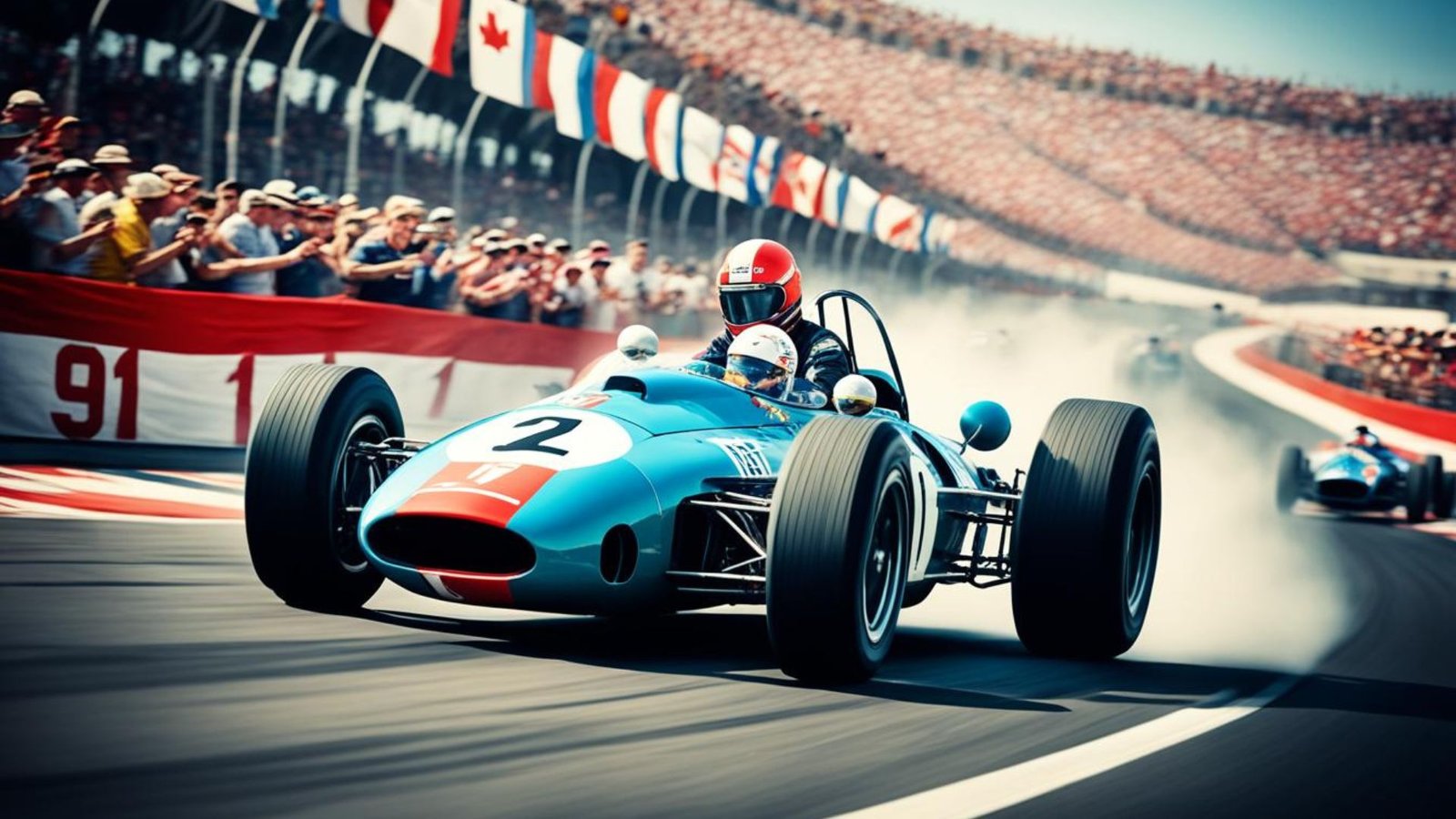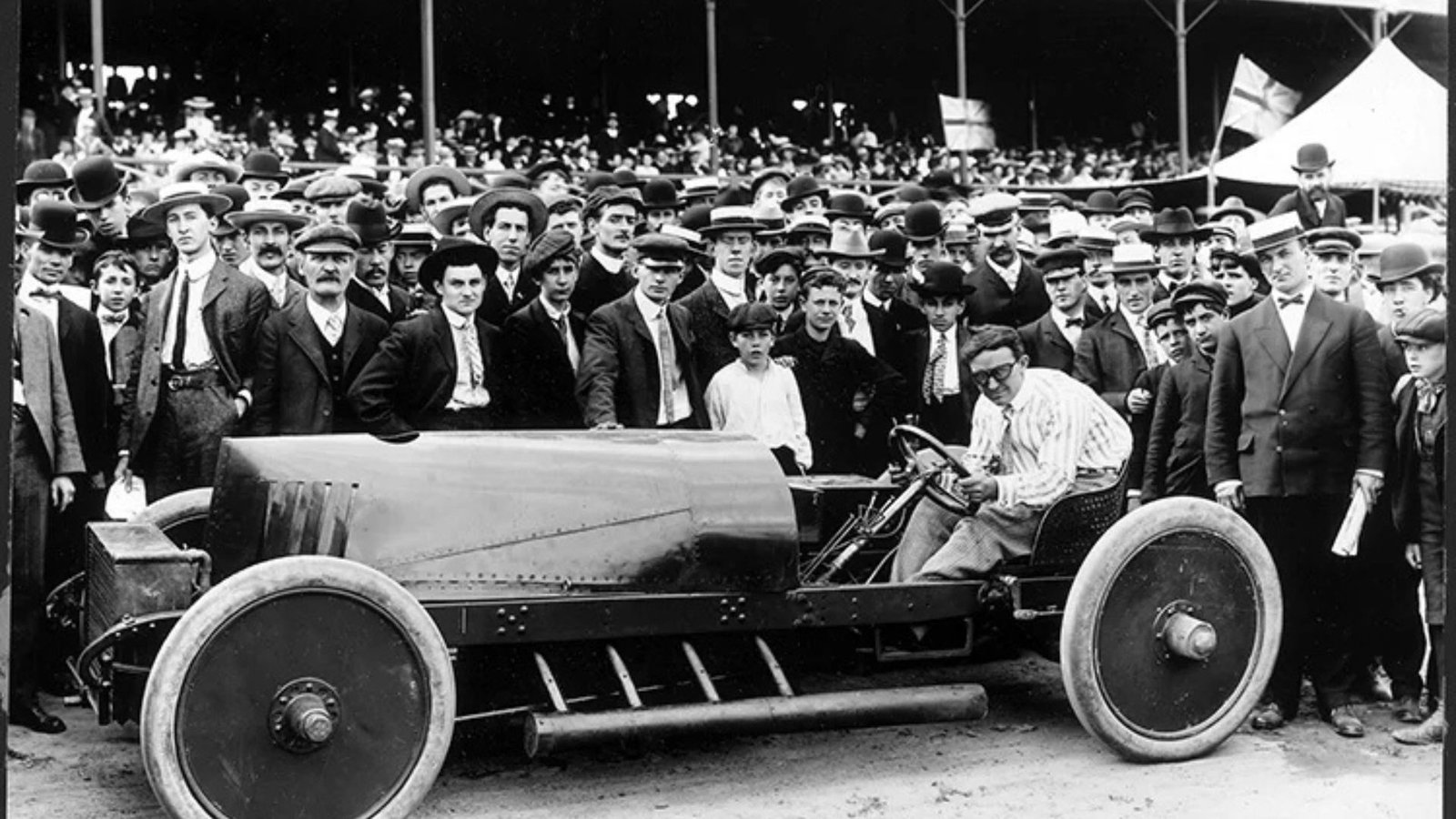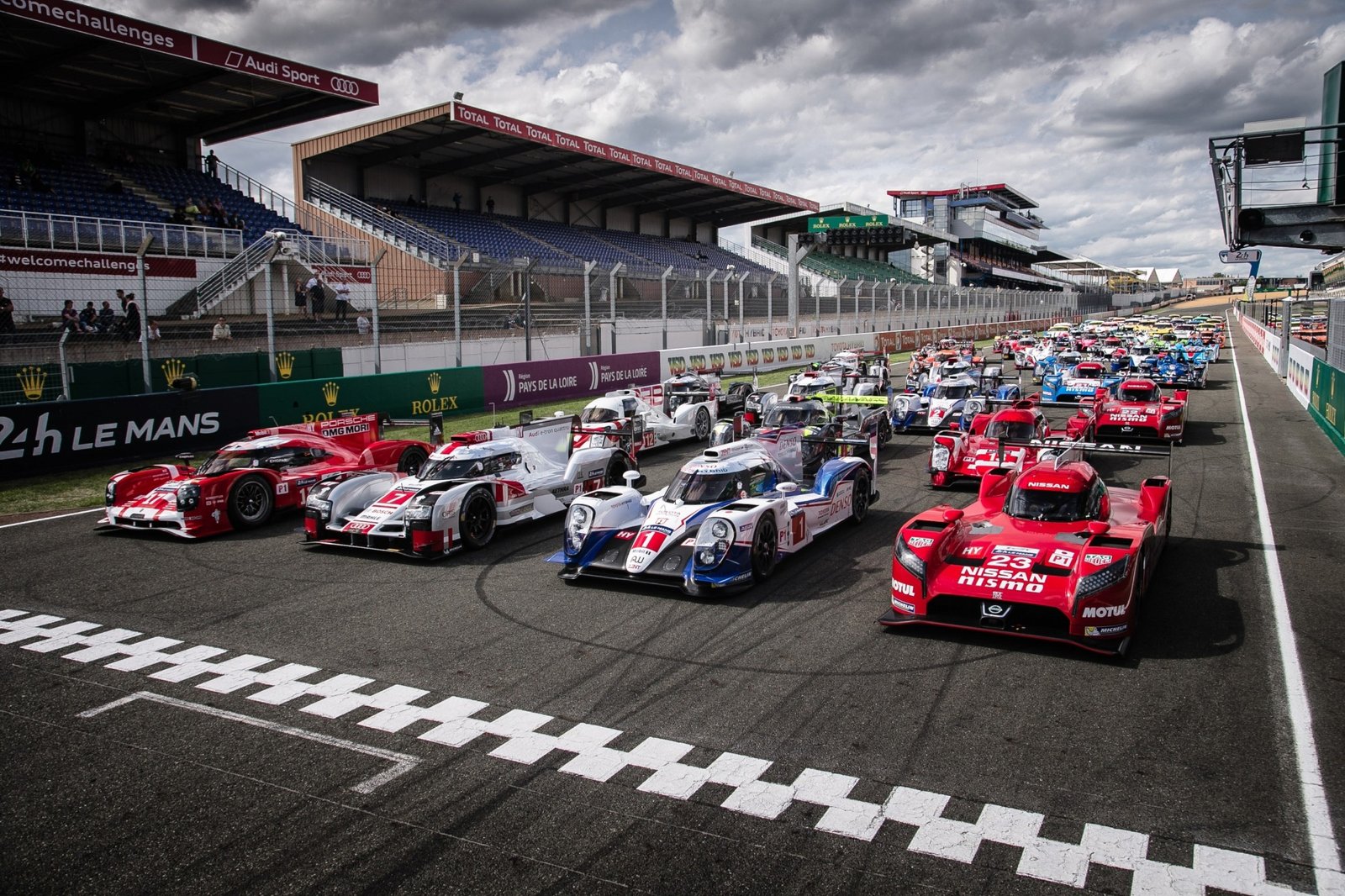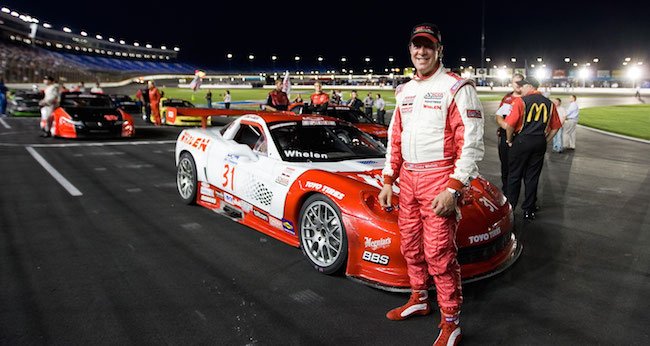Motorsports have a rich history that has transformed over time. From the first automobile races to today’s high-tech competitions, motorsports have constantly evolved. This article explores the history of motorsports and how the sport has developed into what we see today.

Early Days: The First Car Races and Their Impact
In the late 19th century, the world saw the first automobile races. These races were not as structured as they are today. The very first recorded race took place in 1894 in France, known as the Paris-Rouen race. It was a test of reliability, not speed, and featured early cars. These races helped build interest in automobiles and pushed manufacturers to improve their designs. As a result, more organized events began. By 1906, the French Grand Prix was held, marking the birth of modern racing. This event set the stage for future races worldwide.
The Rise of Grand Prix Racing and the Emergence of Car Manufacturers
In the early 1900s, Grand Prix racing became more popular, especially in Europe. Key car manufacturers like Mercedes-Benz, Alfa Romeo, and Ferrari began to dominate the racing scene. These manufacturers worked hard to create faster, more efficient cars. By the 1920s, racing was highly competitive. Big events like the Monaco Grand Prix and the Indy 500 attracted huge crowds. Car manufacturers began to view racing as an important part of promoting their brands. This trend continues today, with car companies using racing as a way to showcase their latest technologies.
The Birth of Formula 1 and Its Technological Advancements
In the 1950s, Formula 1 racing was officially born. The first Formula 1 World Championship was held in 1950. Over the years, Formula 1 has become the most prestigious racing series. Formula 1 cars are incredibly advanced, with powerful engines, lightweight materials, and cutting-edge aerodynamics. As technology advanced, Formula 1 pushed the boundaries of speed and innovation. Famous drivers like Juan Manuel Fangio, Ayrton Senna, and Michael Schumacher became legends in this sport. Today, Formula 1 is a global phenomenon, drawing millions of viewers worldwide.
Expanding the World of Motorsports: From Rallying to Endurance Racing
While Formula 1 took the spotlight, other forms of racing also grew. Rally racing, for example, became very popular. It includes races through different terrains, from mountains to deserts. Events like the Dakar Rally and the World Rally Championship (WRC) showcase a different side of racing, with drivers navigating challenging landscapes. Endurance races, such as the Le Mans 24 Hours, also became key events. These races test both the cars and the drivers’ stamina. Le Mans is one of the most famous endurance races and continues to attract teams from around the world.
Technology’s Role in Improving Safety and Speed
Throughout the 20th century, technology played an increasingly important role in motorsports. Cars became faster and more reliable. At the same time, safety became a big concern. In response, racing organizations introduced new safety measures, such as better crash barriers and stronger car designs. One of the most important technological advancements was the introduction of the HANS device (Head and Neck Support), which helps protect drivers’ necks during high-speed crashes. Today, safety technology continues to evolve, keeping drivers safer on the track.
The Rise of eSports: Digital Racing Takes Over
In recent years, digital racing has become a big part of the motorsports world. eSports racing leagues, like Formula E’s virtual series, have created a new form of competition. These digital races allow players to race on simulated tracks using video games. Many real-world drivers now use racing simulators to train. These simulators provide a realistic experience without leaving the comfort of their homes. As technology improves, digital racing is expected to become a bigger part of motorsports.
The Future of Motorsports: Electric Cars and Autonomous Racing
Looking ahead, the future of motorsports seems exciting. Electric vehicles (EVs) are becoming more common in racing. Formula E, the electric racing series, has grown rapidly and is pushing the boundaries of electric car technology. Electric motorsports could be the future of racing, offering both speed and sustainability. In addition, autonomous cars may soon make their way into racing. Self-driving technology is advancing, and it is only a matter of time before autonomous racing leagues emerge. These changes are expected to revolutionize the sport.
Conclusion
Motorsports have come a long way since their early days. From informal races on public roads to the high-tech competitions we see today, the sport has evolved significantly. Technology, safety, and innovation continue to shape the future of racing. As electric and autonomous vehicles enter the scene, motorsports will likely see even more exciting changes in the years to come. No matter where it goes, motorsports will always be about speed, skill, and pushing the limits of what’s possible. As the sport continues to evolve, new fans will be drawn in, and racing will continue to thrill audiences worldwide.











